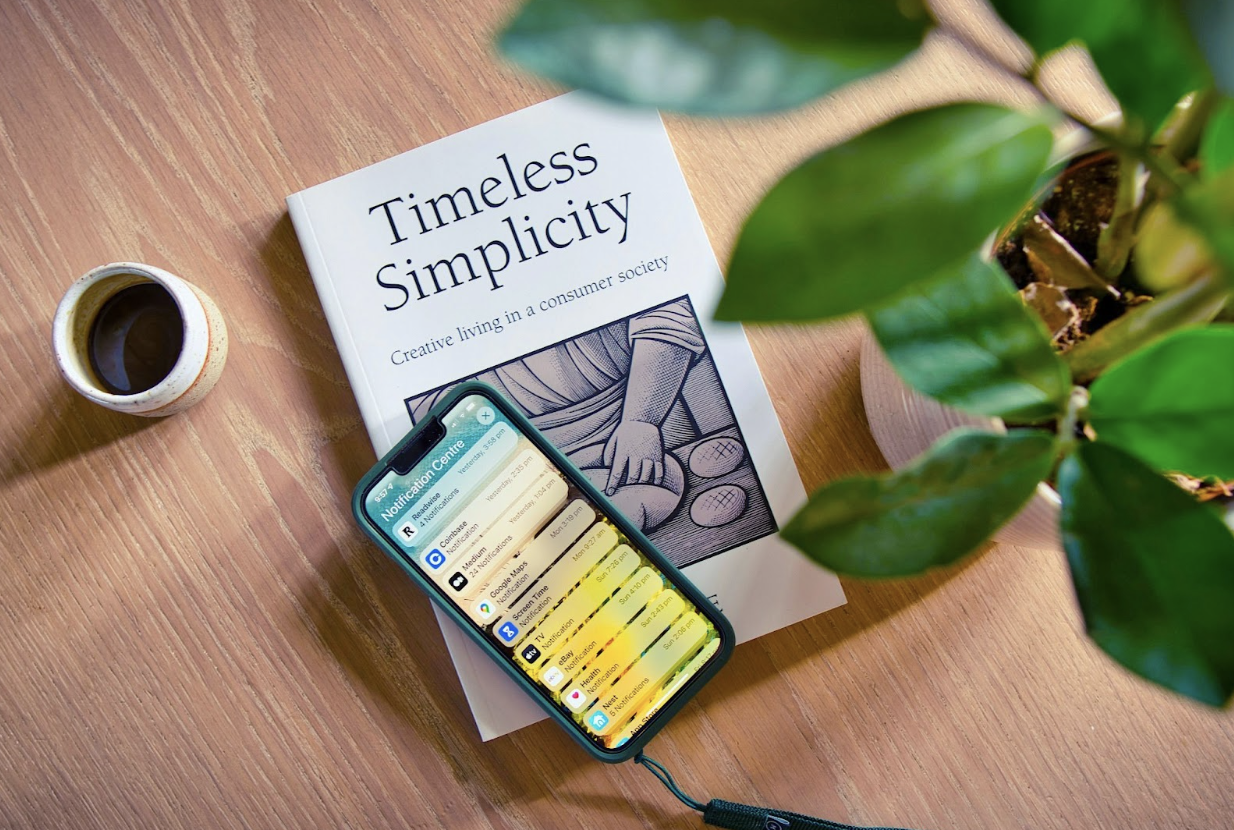What affects the value of money? What makes people so insistently believe in money and its power, something that really does not have any material value at all, but is merely a number on an account. This is both relevant and interesting in today’s society because it is so significant for society as well as for the individual. But the question remains, what gives us the illusion that there is an actual value on our accounts and what makes us shape our lives around this number?

To answer this question, the history of money must first be analyzed. In the early days of trade and economic transactions, bartering was the norm. But this quickly became cumbersome and difficult since bringing animals or big items to trade with was not always an option. Therefore, a more effective way of performing transactions needed to be invented. This came in the form of coins made from precious metals that had guaranteed value in the form of the mass of the valuable metal in the coin. But when the economy grew and larger amounts of coins made from heavy gold needed to be transported, this also became a difficult way of performing transactions. In light of this, states began issuing paper bills that guaranteed the value stated on the document by the authority of the state itself. Because of this, traders could carry more money that was much easier to transport. This transformation from coins holding intrinsic value in themselves to bills who’s value was guaranteed by the state was the biggest leap towards the question this article wants to answer.
This question is complicated and does not have a short and easy answer. The results that came through, after a long time searching about the topic, are that several factors affect the value of money. Primarily, today’s modern society has developed a dependence on money as it controls all trade of necessities in the world. In essence, it can be argued that these factors are based on the fact that the value of money relies on people’s trust in the power and authority of the state as a nation that in turn guarantees the value of the otherwise worthless notes, coins or numbers on accounts.
The most prominent finding was that countries with a weak, insecure or unreliable state have a very low currency value and trust in money and likewise, a poor economic growth. Countries with a strong and popular state on the other hand have in the majority of cases a stable and high-valued currency with an economic growth.

To conclude, the state’s and society’s strong need for the people’s devoted trust in money is the biggest of value. Also worth paying attention to and being aware of is that the dependence on money that has developed in today’s society also causes trust in money to increase and stand firm.




